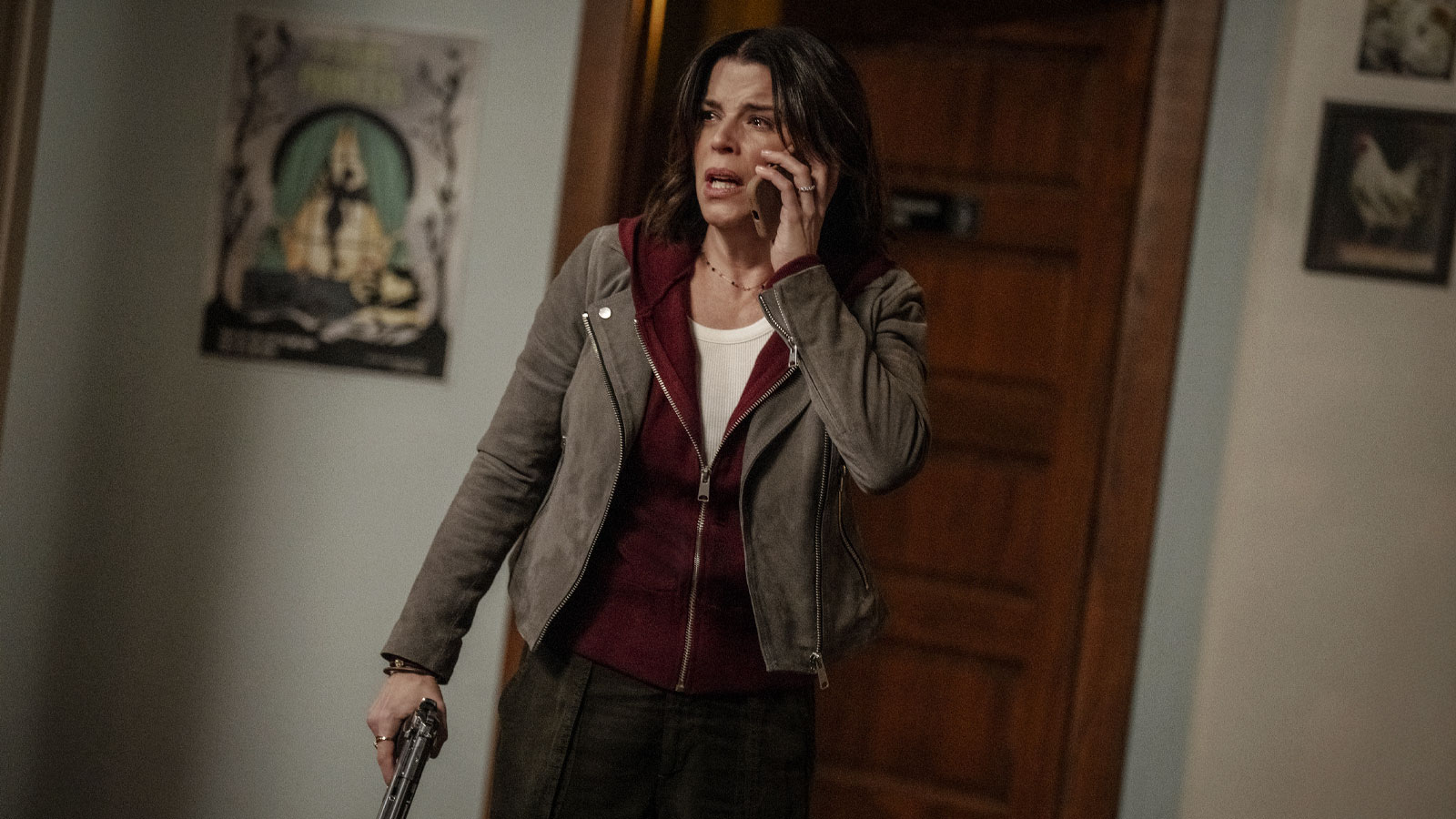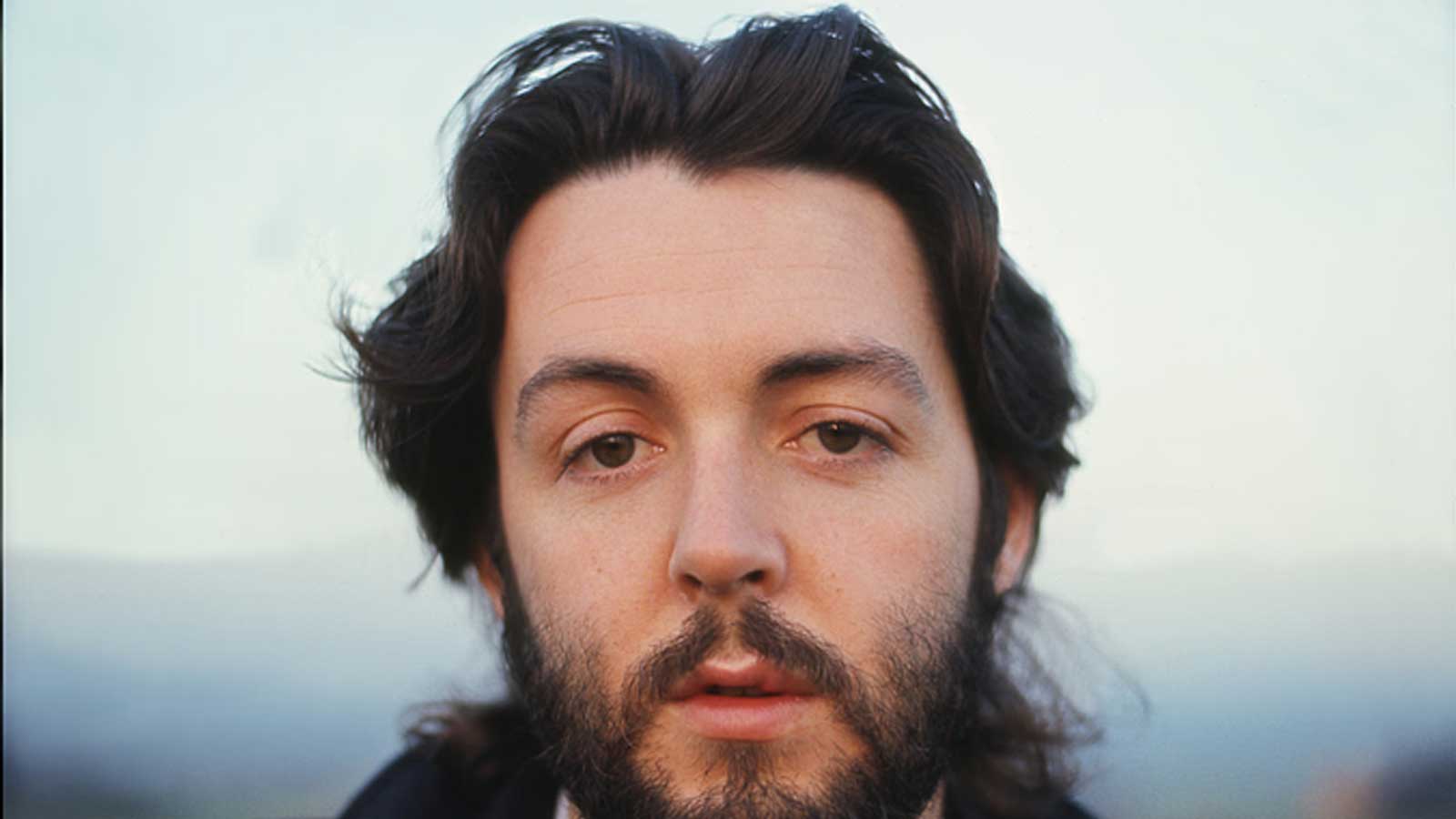Martha Stewart never shies from sharing exactly what she thinks, and she made that clear in her fiery take on Martha, the new Netflix documentary directed by R.J. Cutler, Yahoo reports. Stewart is no stranger to being in the public eye, but this time, she felt that her life wasn’t portrayed accurately. To start, Stewart criticized several creative choices, calling out Cutler’s decision to show her in what she described as an “unflattering” light, particularly in the final scenes, which depict her walking alone in a garden. The scene, Stewart argues, unfairly paints her as a “lonely old lady,” limping from a recent Achilles tendon surgery.
Martha Stewart criticises Netflix film that ‘makes me look like a lonely old lady’ | Film | The Guardian https://t.co/n95VETHTfY
— YD (@Enhance___) October 31, 2024
This portrayal irked Stewart, who felt that the documentary missed the resilience she prides herself on. Her insistence on a seven-day workweek, despite setbacks, wasn’t mentioned, and she didn’t feel the scenes conveyed her true spirit. “He doesn’t even mention why,” she remarked, frustrated that her tenacity in overcoming injury seemed lost in the storytelling.
Stewart also took issue with the documentary’s soundtrack. According to her, she’d explicitly requested music that captured her vibrant personality—like rap from artists Dr. Dre or Snoop Dogg, with whom she shares a public friendship. Instead, the film featured a classical score that Stewart labeled “lousy.” Though Cutler later added Snoop Dogg’s “Beautiful” to the credits, Stewart felt the missed opportunity defined the tone of the entire project.
Family, Travel, and Vision: What Was Missing
Beyond aesthetics and music, Stewart criticized the documentary’s omission of themes that she holds dear, including her family, her adventurous travels, and her entrepreneurial spirit. While Stewart briefly mentioned her grandchildren during filming, she felt they weren’t featured enough to reflect their impact on her life. Although her daughter had concerns about the children’s involvement, Stewart still wished the film had highlighted her adventures with her “utterly fantastic” grandchildren. “I’ve taken them to the most unusual places,” she said, noting her recent trips with them around the globe. She also pointed out that her love of travel, including climbing Mount Kilimanjaro, didn’t make the cut.
Cutler, for his part, defends his choices, stating that he aimed to present Stewart as a complex, multifaceted individual rather than constructing a sanitized version. “It’s a movie, not a Wikipedia page,” Cutler noted, adding that the story aims to reveal Stewart’s layers as a person, not as an icon alone.
Despite the creative differences, Stewart’s critique reflects her well-known passion for excellence. Her candid comments underscore her desire to see a portrait that captures her true energy, ambition, and connections. In Stewart’s view, her story demands more than a conventional approach. She’s not just a business mogul or media figure—she’s Martha Stewart, and she doesn’t settle for anything less than a masterpiece.



















